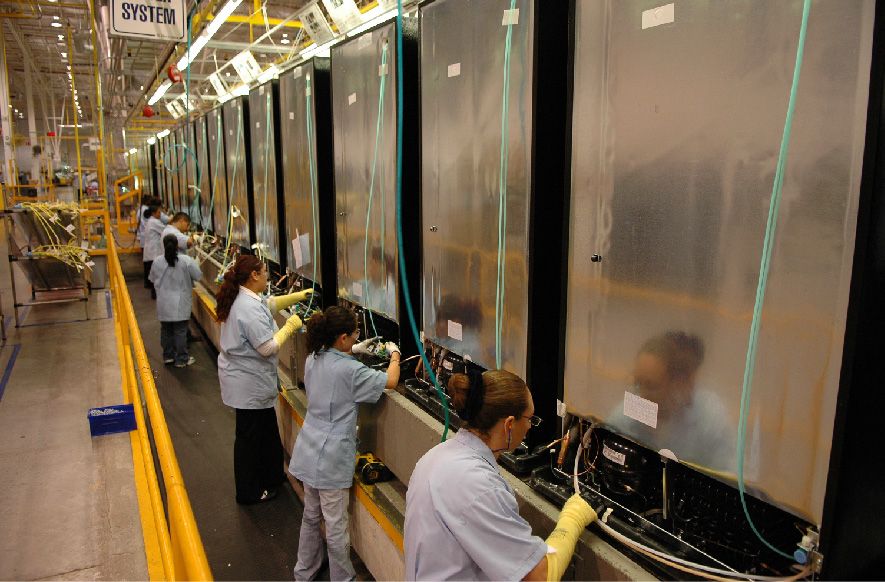USMCA’s relative preference requires vertical integration, highlighted Luis de la Calle, CEO of the consulting firm De la Calle, Madrazo, Mancera (CMM).
U.S. President Donald Trump’s tariff policy has so far maintained certain relative tariff preferences for Mexico and Canada in the automotive industry and the exclusion for both nations of reciprocal tariffs.
USMCA’s relative preference
“To take advantage of a 6% relative preference, vertical integration is required and vertical integration is synonymous with compliance with rules of origin,” said De la Calle at a recent forum organized by UNAM.
Trump imposed a 25% tariff on certain auto imports, effective April 3, 2025, and certain auto parts imports effective May 3, 2025, with tariff exemptions on US content of imports originating in Mexico or Canada.
At the end of May 2025, Marcelo Ebrard, Mexico’s Secretary of Economy, stated that about 86% of Mexico’s trade with the United States faces no tariffs, down from 100% at the beginning of 2025, in violation of the USMCA.
Enrard said that of the 14 free trade agreements operated by the United States, only the USMCA has that advantageous status.
Logistics, energy and technology
De la Calle explained that Mexico needs to be competitive in logistics, energy and technology to take advantage of the relative preference of the USMCA.
“To be vertically integrated, first of all you need logistics,” he said.
He then gave this example: «If a plant in Ciudad Juarez can be supplied more cheaply from Ohio than from the State of Mexico, it will be supplied from Ohio. If a company’s truck is robbed from Toluca to Ciudad Juarez, they charge unpayable tolls, the transportation is very expensive or monopolized, or there is no gasoline, or a demonstration takes place and the railroad is closed, then it will get its supplies from Ohio».
Mexico must guarantee a sufficient, clean and diversified energy supply. This was stated by De la Calle, who pointed out that the national industry depends on inputs with high energy demand.
The production of strategic materials -such as steel, glass, synthetic fibers, aluminum, resins and plastics– requires large volumes of natural gas and methane. So does the entire petrochemical chain. These products are essential to comply with rules of origin in regional trade.
For this reason, De la Calle stressed that competitive energy is a requirement for the country’s industrial development.
He also stated that Mexico must promote a true technological revolution. In his opinion, the dispute between the United States and China is not about the trade deficit, but about global dominance in innovation and technology.
«The question Mexico has to ask itself is whether we want to participate in that. If we have young people with the necessary talent to be able to bet in favor of creativity, digital economy, robotics, nanotechnology,» he said.

